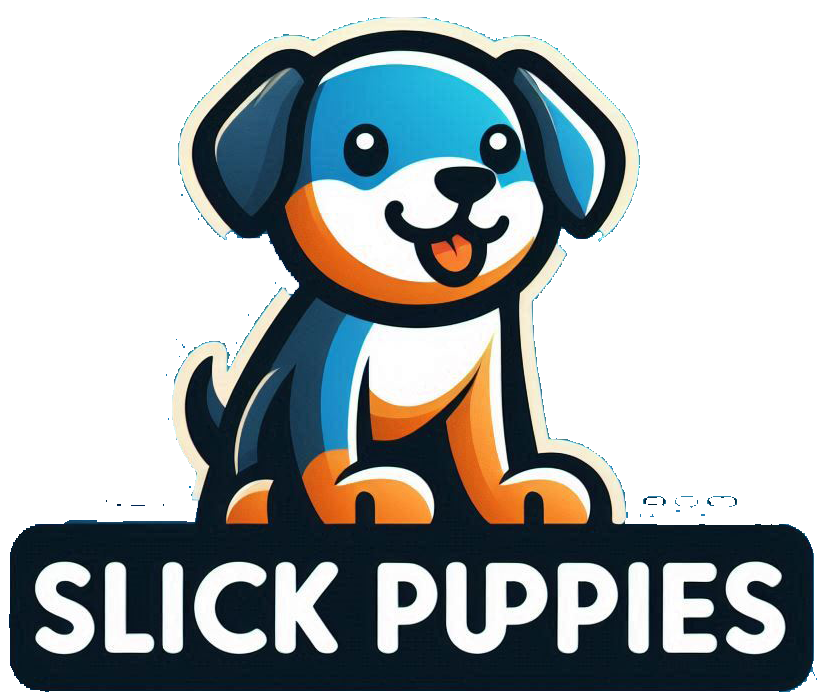Puppy biting is a natural but frustrating behavior. While it’s normal for teething puppies to chew and nip, it’s important to teach them bite inhibition and redirect their behavior before it becomes a problem. This article covers why puppies bite, how to stop it, and training techniques to ensure your pup grows into a well-mannered adult dog.
Why Do Puppies Bite?
Before correcting the behavior, it’s important to understand why puppies bite:
1. Teething (3-6 Months Old)
- Puppies lose baby teeth and grow adult teeth, causing discomfort.
- Chewing relieves pain, so they bite hands, furniture, and shoes.
2. Play and Exploration
- Puppies explore the world with their mouths.
- They don’t understand that human skin is sensitive.
3. Herding or Hunting Instincts
- Breeds like Border Collies or Terriers may nip at ankles or hands.
4. Overexcitement or Tiredness
- A hyper or overtired puppy may bite more.
5. Lack of Bite Inhibition
- Puppies learn bite control from littermates—if separated too early, they may not know how to moderate their bite strength.
How to Stop Puppy Biting: Step-by-Step Training
1. Teach Bite Inhibition
- Yelp or say “Ouch!” in a high-pitched voice when bitten (mimicking how littermates react).
- Stop play immediately for 10-20 seconds to show biting ends fun.
- Resume play gently—if they bite again, repeat and end the session.
2. Redirect to Chew Toys
- Always have appropriate chew toys nearby.
- When they bite skin, say “No bite” and replace your hand with a toy.
- Praise when they chew the toy instead.
3. Use Positive Reinforcement
- Reward gentle play with treats and praise.
- Ignore or walk away when biting gets too rough.
4. Encourage Calm Behavior
- If your puppy gets overexcited and bites, stop moving and wait for them to settle.
- Reward calm moments with treats or gentle petting.
5. Provide Enough Exercise & Mental Stimulation
- A tired puppy is less likely to bite out of boredom.
- Use puzzle toys, training sessions, and walks to burn energy.
6. Socialize Your Puppy
- Let them play with other vaccinated, friendly dogs to learn bite control.
- Puppy classes help teach proper play manners.
7. Use Time-Outs (If Needed)
- If biting continues, say “Too bad” and leave the room for 30 seconds.
- This teaches that biting makes playtime stop.
8. Avoid Punishment
- Never hit, yell, or hold their mouth shut—this can increase fear and aggression.
- Stay patient—punishment makes training less effective.
What NOT to Do When Stopping Puppy Biting
❌ Don’t Play Rough with Your Hands
- Wrestling or letting them gnaw teaches that hands are chew toys.
❌ Don’t Use Physical Punishment
- Hitting or alpha rolls can damage trust and worsen aggression.
❌ Don’t Jerk Your Hand Away
- Fast movements can trigger a stronger bite (prey instinct).
❌ Don’t Ignore the Behavior
- Letting them bite now leads to bigger problems later.
Puppy Biting Phases & Solutions
1. Early Weeks (8-12 Weeks Old)
- Focus on bite inhibition (soft mouth training).
- Use chew toys and redirection.
2. Teething Stage (3-6 Months Old)
- Provide frozen washcloths, rubber teething toys, or chilled carrots.
- Increase supervision and redirection.
3. Adolescent Phase (6+ Months Old)
- If biting persists, increase training consistency.
- Consult a trainer if aggression develops.
When to Seek Professional Help
While puppy biting is normal, consult a vet or trainer if:
- Biting is aggressive (growling, lunging).
- Your puppy doesn’t respond to training after weeks.
- Biting continues into adulthood.
Final Tips for Success
✔ Be consistent—every family member should follow the same rules.
✔ Stay patient—puppies learn at different speeds.
✔ Use high-value treats to reward good behavior.
✔ Provide plenty of chew toys to satisfy their need to gnaw.
Conclusion
Stopping puppy biting takes time, patience, and consistency, but with the right techniques, your pup will learn to control their mouthing habits. By teaching bite inhibition, redirecting to toys, and rewarding gentle play, you’ll raise a well-behaved dog.
Remember: Puppy biting is a phase—stick with training, and your dog will outgrow it! 🐾



